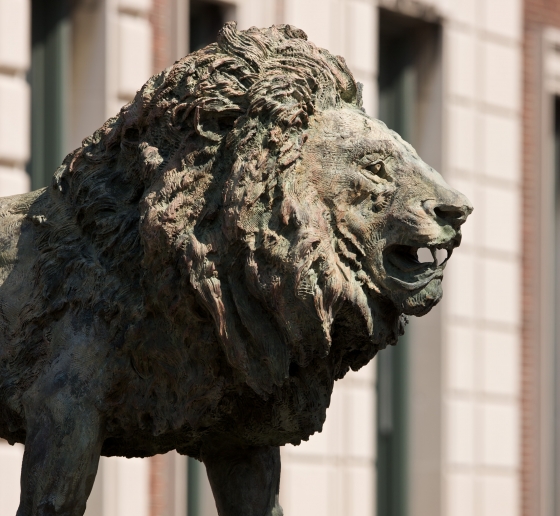Three LL.M. Students Awarded Jagdish Bhagwati Fellowships
The fellowships are supported by the government of India in honor of University Professor Jagdish Bhagwati.

Columbia Law School’s Jagdish Bhagwati Fellowship, sponsored by the Indian government, supports LL.M. candidates specializing in international trade, trade law, public interest, and human rights. The fellowship is named in honor of University Professor Jagdish Bhagwati, the influential trade theorist, and a cohort of fellows is chosen annually.